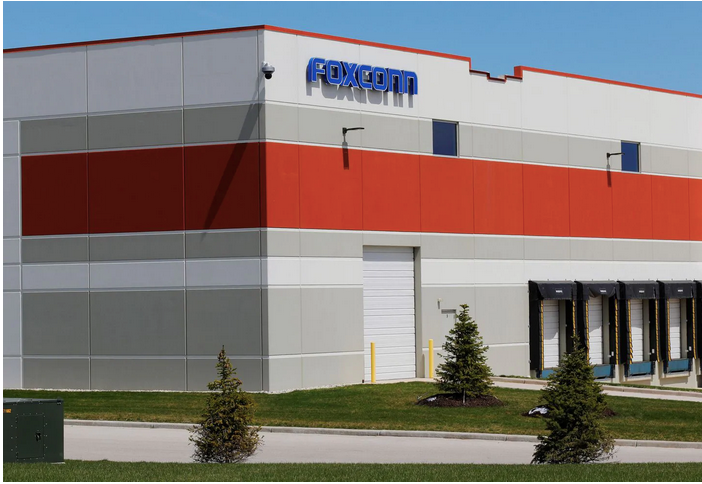Anna Clark is the author of “The Poisoned City: Flint’s Water and the American Urban Tragedy.”
The Great Lakes — five inland seas holding one-fifth of all the fresh water on Earth — are vast, but they are not limitless. So it is alarming that Wisconsin intends to send water out of the basin not because public health demands it, but because a private company wants it. This cuts against the understanding of the lakes as a public trust and, in an era of nationwide water insecurity, sets a dangerous precedent.
Foxconn Technology Group, a Taiwanese electronics manufacturer, is building a plant to make LCD screens in Mount Pleasant, Wis. The state that landed Foxconn with environmental waivers and about $4 billion in incentives decided that it was fine for it to have Great Lakes water, too. In 2018, Wisconsin granted a permit for Racine and Foxconn to use 7 million gallons a day from Lake Michigan, taking it outside the area where water naturally returns to the Great Lakes watershed.
The diversion sidesteps a key piece of water policy that is commonly called the Great Lakes Compact. The compact, along with Ontario and Quebec’s parallel agreement, is a protocol for when water can be taken outside the basin — which is to say, almost never. But there are exceptions for cities and counties that straddle the watershed boundary. With its groundwater contaminated by naturally occurring radium, Waukesha, Wis., went through an intensely scrutinized application to take water from Lake Michigan. It took seven years, including legal appeal, before the diversion was finalized.




